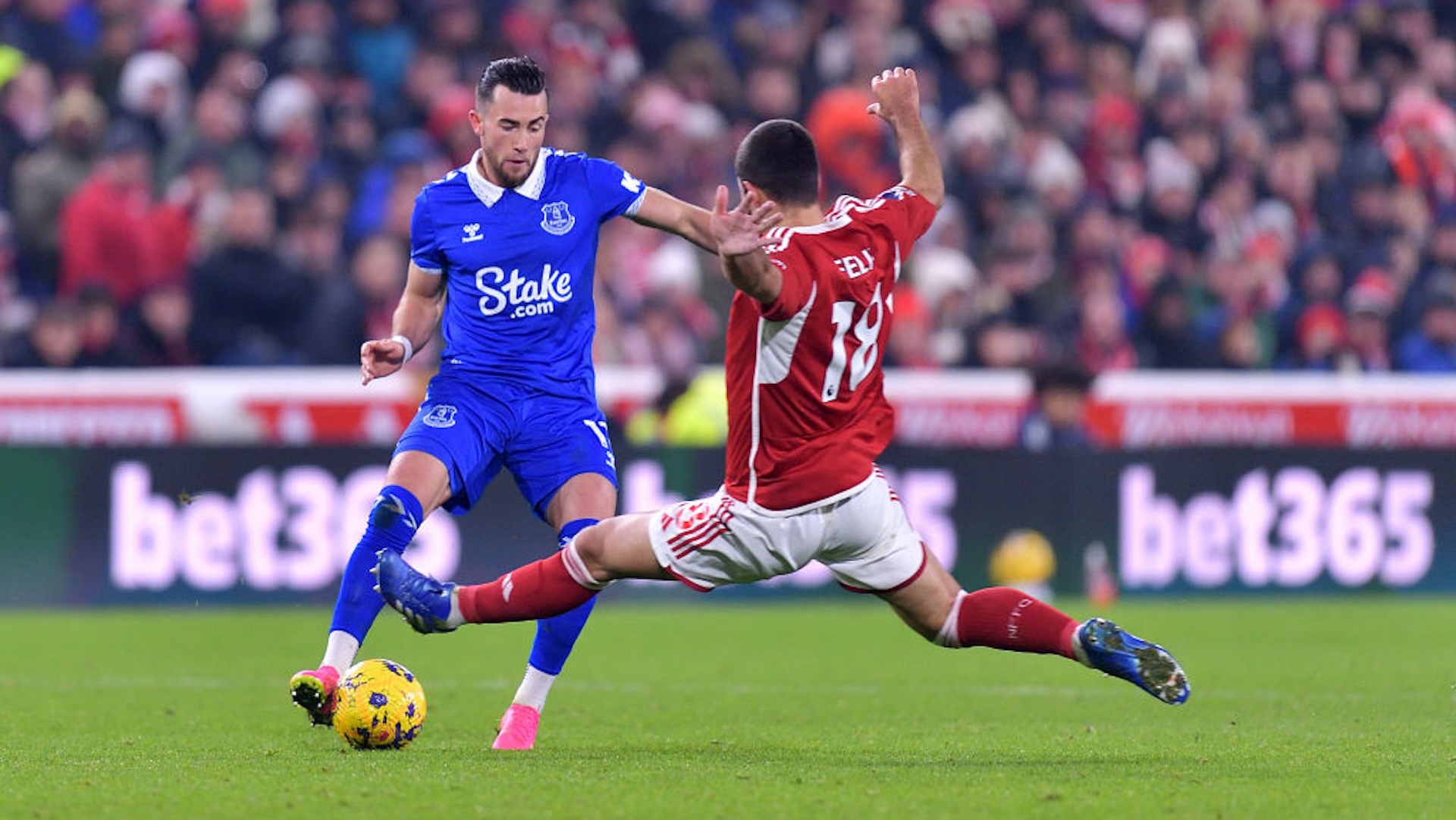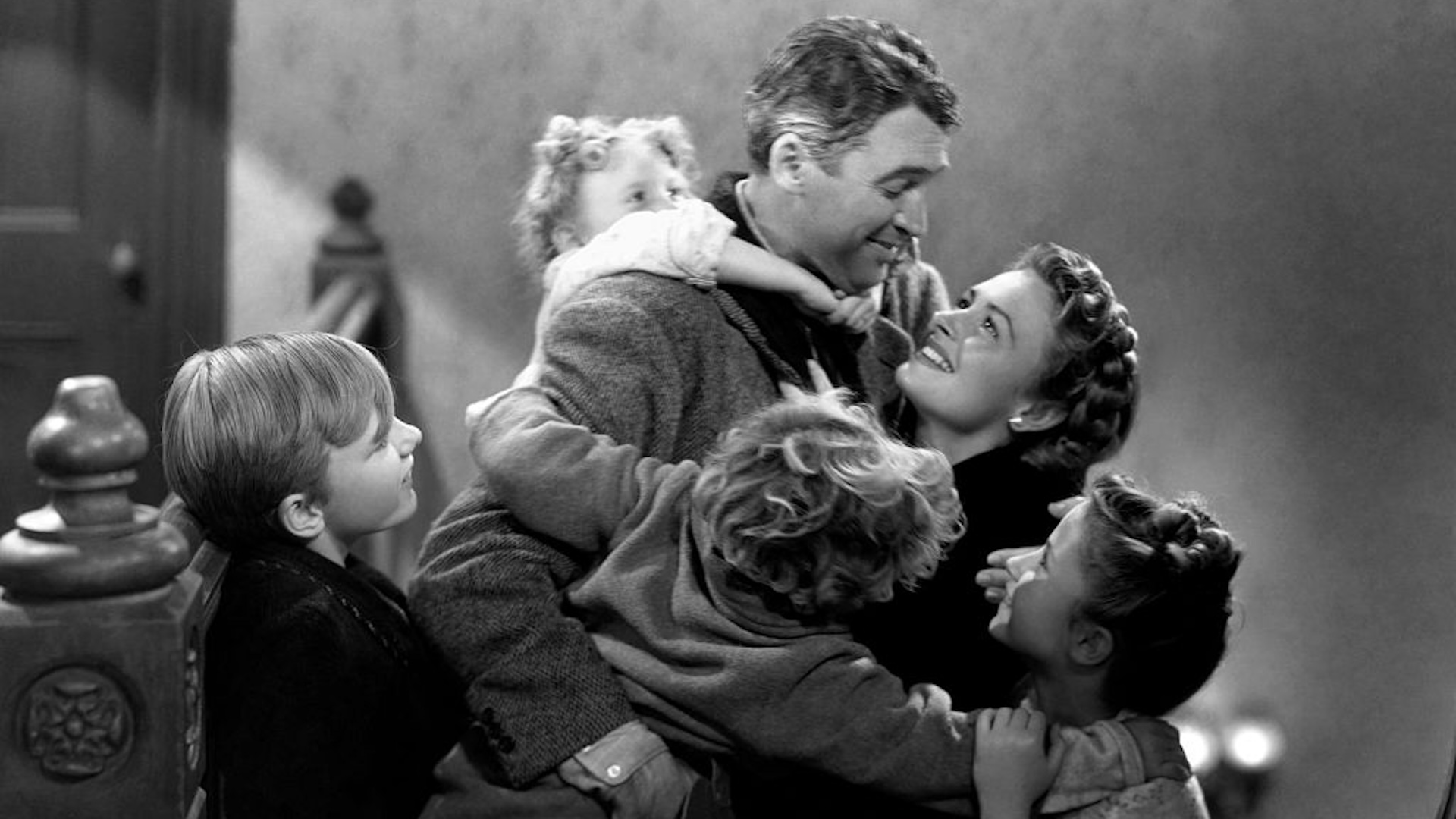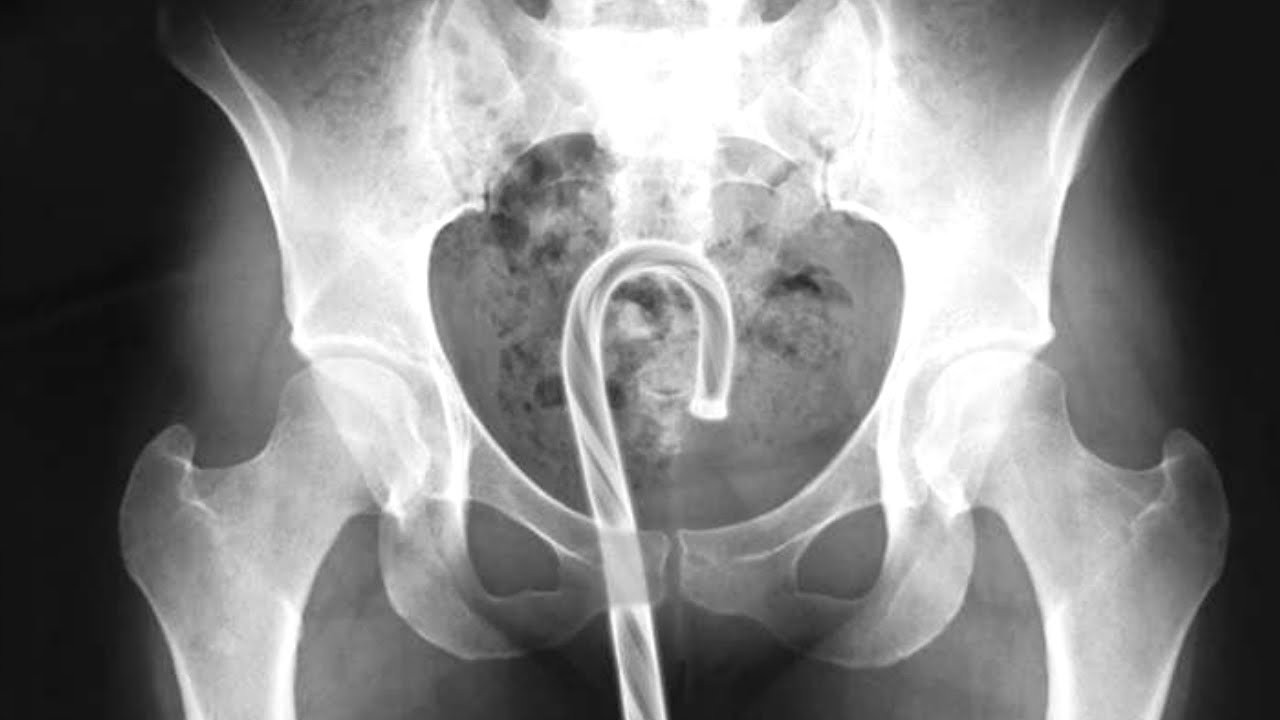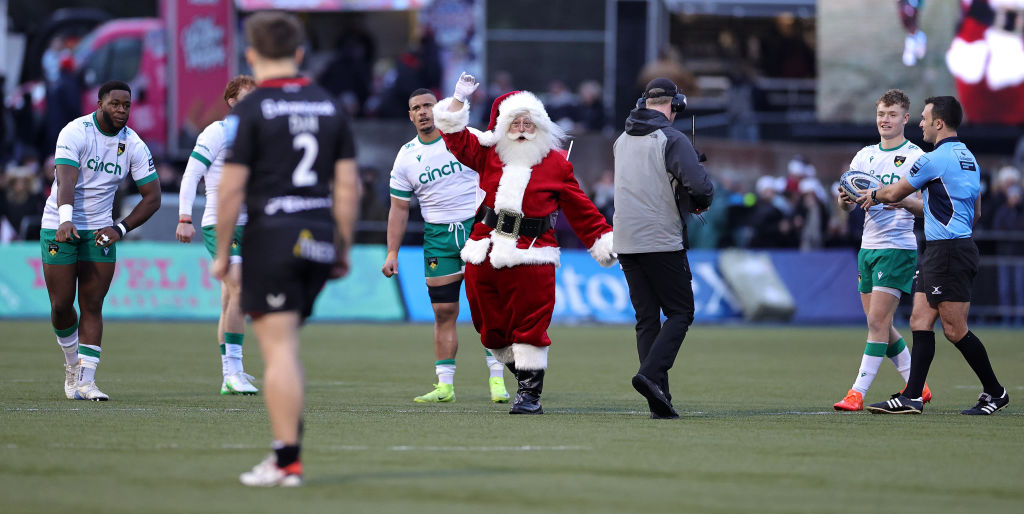We are becoming accustomed, probably to our longterm detriment, to the idea that we didn't see what we just saw until some unseen force in an unknown realm says we saw it. It is the unintended consequence of sports leagues' need to re-litigate every event until it reveals a result other than the one we all thought just happened. It is why everyone hates replay even though it has the benefit of being right more often than not, why everyone especially hates VAR because of its pure capriciousness, why everyone has always hated the NCAA's enforcement department, and why everyone will now learn to hate the Premier League's newly enforced profitability and sustainability rules (PSR).
Take Leicester City FC, the most romantic team in organized sports because it became the 5,000-to-1 underdog that won the billionaire-and-petrostate-festooned Premier League in 2016 and continued to punch above its weight until it ran out of financial gas and was relegated to the Championship (the second level of English football, for you neophytes) last year. Well, a coaching change and some recapitalization decisions later, LCFC is leading the Championship and seems quite safe for re-promotion to the top flight for 2024-25. But yesterday, a pall was put on that redemptive story when reports started to float around about the team being investigated for multiple violations of PSR. We could drag you through the thicket of regulatory detail here, but our intolerance for legalese and your breathtakingly short attention spans require to truncate: Leicester City could be charged with losing more than the allowable £105 million for the last three complete seasons, two of which were while they were still in the Prem.
This would not prevent the Foxes from being promoted, but it could deduct points from their 2025 total before the season even starts, and would make them the fourth Premier League team to face PSR punishments after Everton (deducted 10 points before having it reduced to only six on appeal, with another charge that could spike it again), Nottingham Forest, and financial and artistic powerhouse Manchester City.
Forest and Everton are in the least enviable position here. They currently sit four and five points, respectively, above the relegation zone, margins that could be easily erased by a forthcoming points deduction (we won't even get into the fact that Everton, thanks to a recent tweak to how PSR cases are adjudicated, could essentially end up being punished twice for the same crime). The Premier League has all but admitted that neither of these cases will make it through the punishment and appeal process before the end of the season, which means it is very likely that one of these teams will finish the season and then have to wait a few weeks to find out which division they will be playing in next season.
In other words, a bunch of games you saw will have different outcomes months later—like a mega-replay from the storm cellar of hell in which every touchdown you saw for an entire weekend was declared null and void three weeks later. It is part of our two modern societal manias, to re-litigate everything going back to the big bang theory (the actual theory, not the show), and to suck the fun out of every spontaneous act we think sports is supposed to provide.
VAR has rendered every goal celebration an act of stasis, and if there is anyone who thinks it has performed well it is the future tech-and-hedge-fund lamprey who invented the technology and sold it to the Euro-rubes. PSR, though, is less well-intentioned, more poorly thought out, and more perfectly stupid because it punishes the one thing anyone pretends to hold sacred. The results themselves.
PSR is Europe's half-hearted attempt at a salary cap, the one rule that North American sports owners dare not breach because they all operate within the constraints of the same cartel. Whether it is the arcane NBA cap, with enough loopholes to strain all the pasta in every restaurant in Little Italy, or the hard cap favored by the NFL because all the players just hang from multicolored tool belts and can be replaced at a whim, it works to keep owners in relative pace with each other in ways that PSR doesn't. It's still just accounting, and has permeated the industry and the way we perceive it to the point in which Russell Wilson's reputation is being sullied and his place in football history questioned because he had the temerity to accept a massive contract too close to the end of his useful career.
But that's still better than going to a game, watching your side beat the hated crosstown rival, and then learn seven months later that it was all a lie. And the penalty for those rule-breakers is negating games you watched months ago. As any poor bastard who still has an emotional tie to Everton can attest, it has been found to be a hilariously poor deterrent.
The only sport with a similar relationship to rules is college football, and it is going through a fully anarchic stage in which there are no punishments for anything (see Michigan) because all the Wolverines' scoreboards said Connor Stalions never existed, and Jim Harbaugh has a massive new contract in the NFL. The NCAA, which used to traffic gleefully in reversing games and removing wins in bulk (187 to be precise, plus two ties for some godforsaken reason) has been neutered, replaced by an SEC-Big 10 cabal which has no rules and no cops. It is pure in the most darkly cynical way, which makes it both admirable and revolting. A purely regional sport with a few dozen separate warlords—how could that possibly go wrong?
But college football has always been its own purveyor of ideas stolen by its betters—they had a salary cap, only it was determined by individual donors. They took wins away until the people who ran the streets burned down the cophouse. And soccer has PSR, a system so brilliantly constructed that 20 percent of the world's richest league ignore it poorly, and the other 80 either are better at hiding the evidence or don't have an owner rich enough to cheat enough.
Either way, the result of the game you saw is now like everything else in sports—day to day, and subject to later review. That presumably includes your memories.





